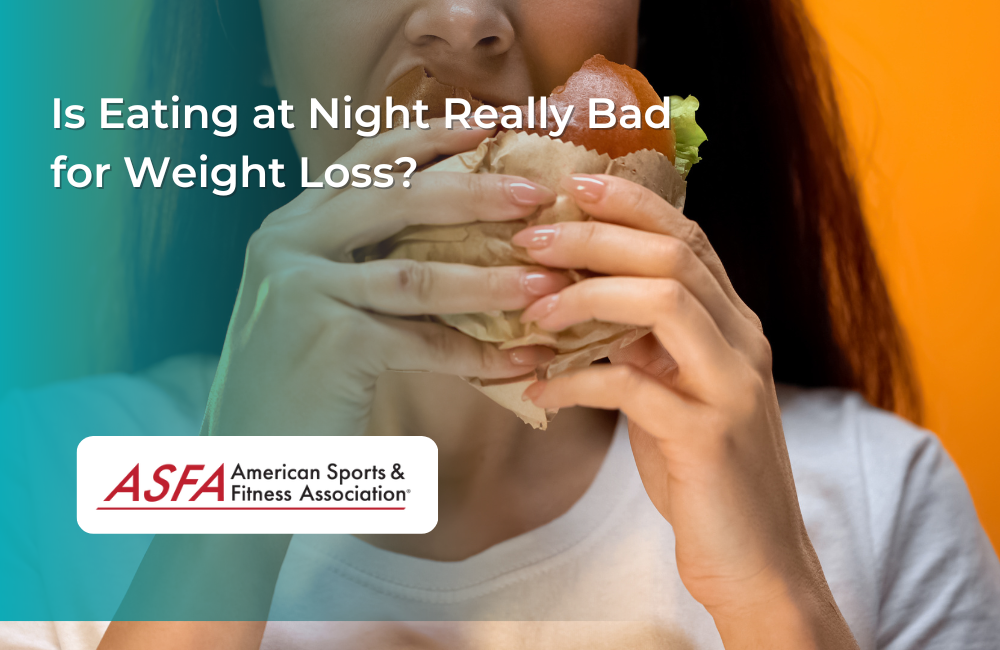If you've ever been on a diet, you've probably heard that eating at night is bad for weight loss. But is this really true? In this article, we'll explore the science behind late-night calories and whether or not they can help or hinder your weight loss goals.
The science is mixed.
You may have heard that eating at night is bad for weight loss, but the science is mixed. Some studies show that it can lead to weight gain, while others show the opposite effect.
The truth is that scientists are still studying this question and haven't come up with a definitive answer yet. Some people swear by eating late as a way to lose weight; others say they gained weight when they started doing so. The only thing we know for sure is that if you're trying to lose weight and restrict yourself from eating after 8 p.m., you may be more likely than not to go hungry later on in the evening--and being hungry isn't good for anyone!
Some studies indicate that eating too much at night can lead to weight gain.
Some studies indicate that eating too much at night can lead to weight gain. Eating late in the evening may disrupt your sleep, causing you to eat more unhealthy food and lose more fat-burning muscle mass than normal.
However, some research shows that eating at night can help with weight loss. This is because it helps people who are trying to lose weight by making sure they don't skip meals or get hungry between breakfast and dinner time (when most people have lunch).
Eating late might also make you feel full longer so that when it's time for dinner, you won't overeat or eat extra snacks later in the evening.
Other studies conclude that eating a large meal at night won't increase your weight or affect your health as long as you're eating sensibly the rest of the day.
Eating at night can be good for weight loss, as long as you're eating sensibly the rest of the day.
- Eating a large meal at night won't increase your weight or affect your health as long as you're eating sensibly the rest of the day.
- Other studies conclude that eating a large meal at night won't increase your weight or affect your health as long as you're eating sensibly the rest of the day.
Researchers have also found that eating late may help you lose weight.
- Eating at night can help you lose weight.
- It can help you avoid binging on unhealthy foods, which is a common problem for dieters who are trying to lose weight.
- It also keeps you from snacking on unhealthy foods throughout the day, which is another common problem for people trying to lose weight.
- And finally, it keeps you away from junk food--you're less likely to have it lying around if there's no one around to eat it!
For example, in one study, researchers found that restricting calories for 8 hours per day helped obese people lose more weight than restricting them for 12 hours per day.
One study found that restricting calories for 8 hours per day helped obese people lose more weight than restricting them for 12 hours per day.
In this study, participants were restricted to eating all their calories in an 8-hour window or splitting them between two 4-hour windows (for example, from noon until 6 p.m.). After 8 weeks of following their assigned diet plan, the participants who ate all their food within an 8-hour window lost more weight than those who spread out their meals over 12 hours.
While this research suggests that eating at night may be better for weight loss than spreading out your meals throughout the day and night, there's still much we don't know about how these types of diets would affect health over time--especially when it comes to long-term effects like diabetes risk factors or heart disease risk factors (like cholesterol).
When the participants were allowed to eat whenever they wanted, they lost more weight when they ate all their calories in an 8-hour window than when they spread them out over 12 hours.
When you eat is important, but so is the amount of time you give yourself to eat. In one study, participants were allowed to eat whenever they wanted. When given an 8-hour window in which to consume all their calories for the day, they lost more weight than those who ate over a 12-hour period. This means that if you're trying to lose weight and want to make sure that eating at night doesn't hurt your progress, try sticking with an eight-hour window--and don't go past it!
There are many reasons why eating at night can be bad for weight loss: firstly because it could cause insomnia or disrupt your sleep schedule; secondly because eating late makes it harder for your body's metabolism (which controls how fast we burn calories) to function properly during sleep; thirdly because our brains don't operate as well when we're tired; fourthly because our bodies produce less leptin (a hormone produced by fat cells) when we're asleep--leptin helps regulate appetite--so if there's less circulating throughout our system then chances are higher that we'll crave food when we wake up instead of feeling satisfied from whatever meal(s) were consumed earlier on during daylight hours; fifthly because certain foods contain tryptophan which acts as an antidepressant drug once ingested into our bloodstreams which means consuming these foods before bedtime may help reduce anxiety levels too much so leading us towards being unable if not unwilling
Eating at night isn't necessarily bad for your weight, as long as you're eating healthy all day long
- Don't eat junk food.
- Don't eat too much at night, especially if you're trying to lose weight.
- Eat healthy during the day and avoid eating too many calories at night.
You can eat whatever you want as long as you don't eat too much of it and don't do it late in the evening (or at least not within an hour before bedtime).
Conclusion
So, the answer to the question of whether or not eating at night is bad for weight loss is that it depends. Eating at night can be perfectly healthy and even beneficial for some people. However, if you're trying to lose weight, it might be helpful to restrict your calories during certain hours in order to avoid consuming too much food overall without feeling hungry all day long.





